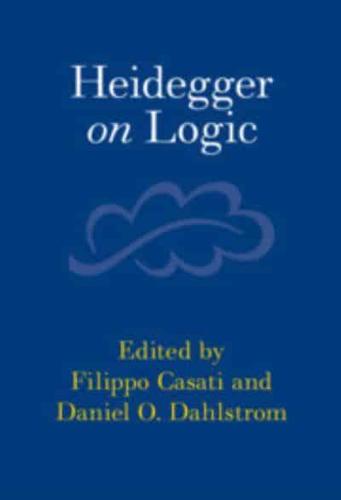Publisher's Synopsis
Does adherence to the principles of logic commit us to a particular way of viewing the world? Or are there ways of being - ways of behaving in the world, including ways of thinking, feeling, and speaking - that ground the normative constraints that logic imposes? Does the fact that assertions, the traditional elements of logic, are typically made about beings present a problem for metaphysical (or post-metaphysical) prospects of making assertions meaningfully about being? Does thinking about being (as opposed to beings) accordingly require revising or restricting logic's reach - and, if so, how is this possible? Or is there something precious about the very idea of thinking the limits of thinking? Contemporary scholars have become increasing sensitive to how Heidegger, much like Wittgenstein, instructively poses such questions. Heidegger on Logic is a collection of new essays by leading scholars who critically ponder the efficacy of his responses to them.








